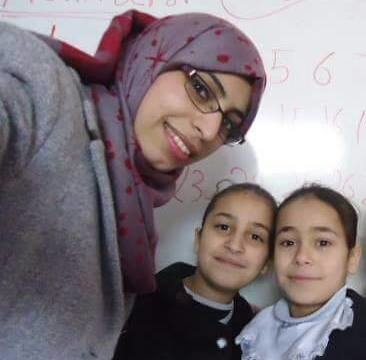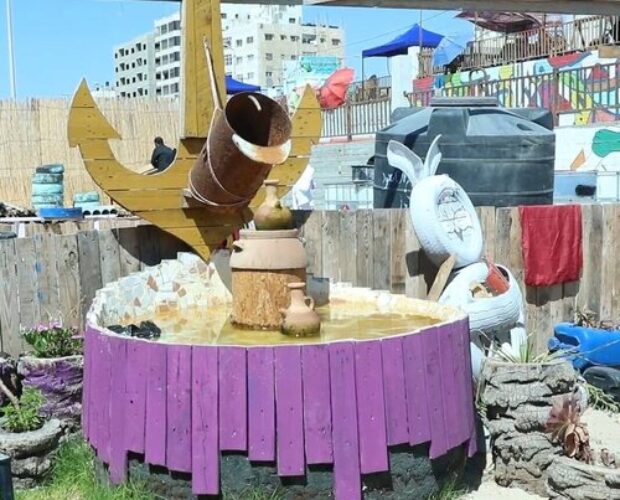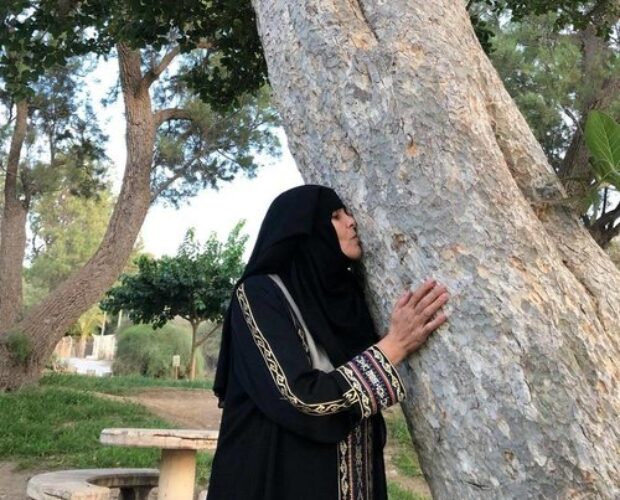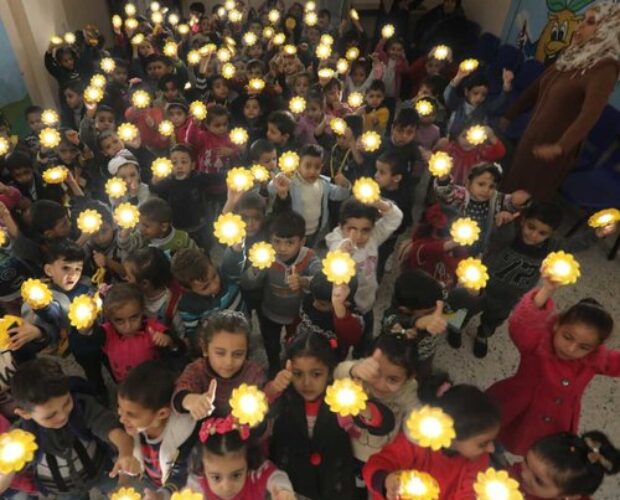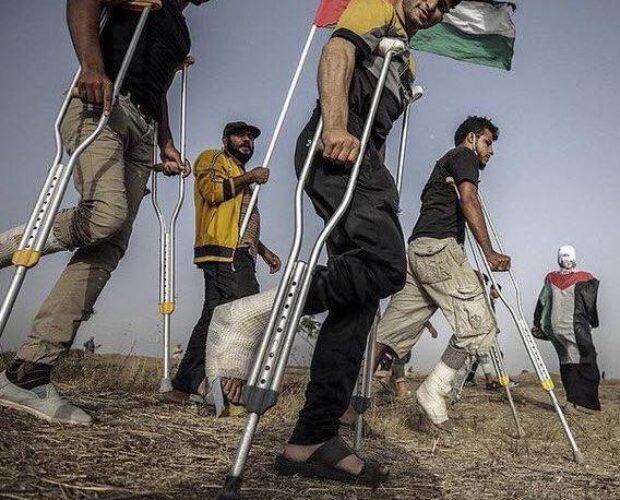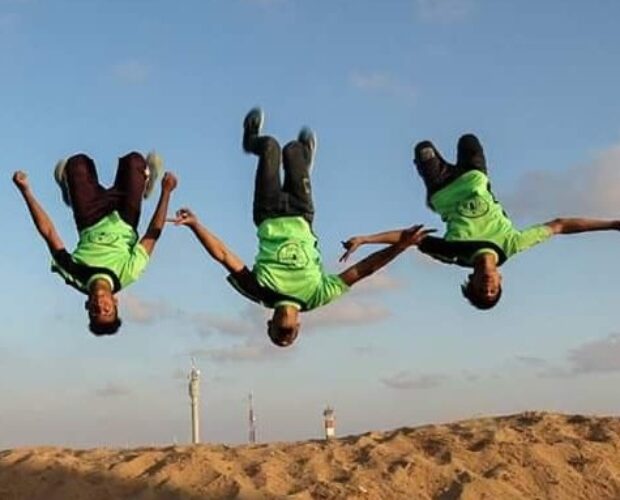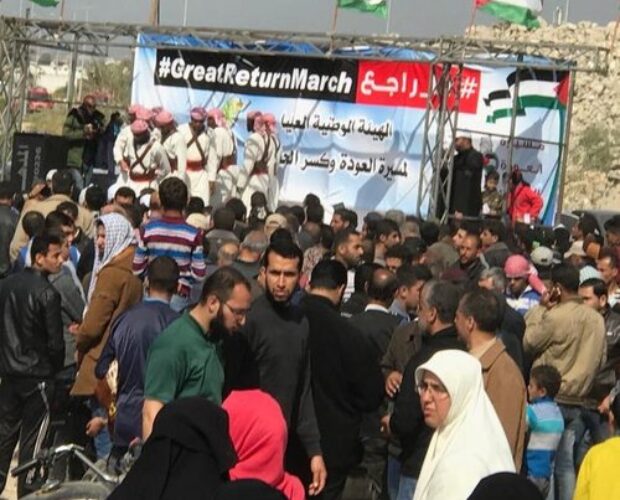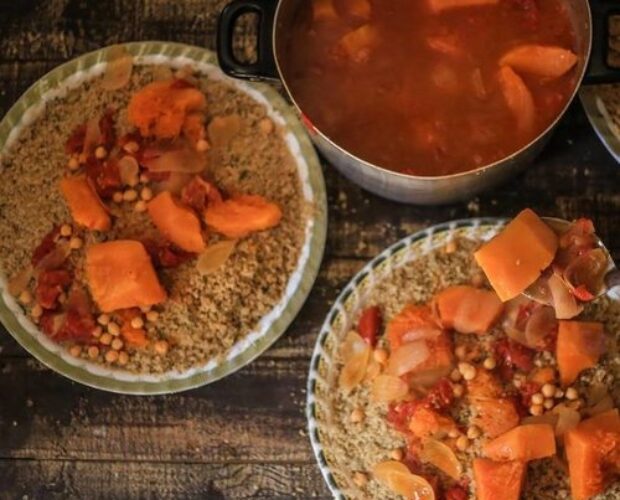When I saw the advertisements for "Gaza Women," an online professional photography competition, I was curious to see how we would be portrayed. I know from personal experience how our exteriors can hide so much that is within. I was not disappointed.

Mohammed Al-Hajjar, 29, one of the best professional photographers in Gaza, won a well-deserved second prize in the competition. Yes, he is a male, but he captured the inner truth of his subject so eloquently. Through his images, he seeks to make reality speak non-verbally, in the language of eyes and souls.
The subject of Mohammed’s entries in the competition is 37-year-old Aysha Ibrahim. If Mohammed deserves this award for his work, Aysha deserves respect and honor for her life. Aysha works with her husband from morning until night in a small metalworking “shop” in Gaza City—really just a tent of sorts with a floor covered with sand from the street. Standing in front of an iron-smelting furnace for hours every day has made her look older than she is, but also has given her great physical strength. Although the conservative society looks down on such work for women, she does it for her family of nine.
To the surprise and shock of many, Aysha spent the first days of her honeymoon 19 years ago working with her new husband in the metalworking shop. "I vowed to always be beside him,” she says with a smile that betrays both strength and patience: “Today I finish what I began then."
Today, Aysha still goes every day, in hot or cold weather, to the small shop. "Sometimes I have to stay at work by myself so my husband can get some rest at home. I’ve dealt with clients and blacksmiths for years and earned my husband’s trust in the work." When he’s sick, she works in his place.
Aysha and her family lived in Rafah and then in Deir Al-Balah. During the 2012 “Eight-Day War,” the Israeli Air Force bombed the building in which they rented an apartment, so they left to live in Gaza City. At first, they lived in the workshop as well, since they could not afford to rent a house. Their profits, which rarely exceed $19 a week, mainly go for food. Aysha says these conditions are hard, but she’s proud to make knives, daggers, swords, cleavers and other farming instruments with her husband. Some days there are no buyers. Some days, cart vendors come to buy horseshoes.
As a working woman, Aysha does not forget she is a mother of seven. "My work requires me to have a man’s heart, yet I’m still a woman and sometimes I feel so tired I can’t stand on my feet. But I always try to be strong and solid for my family and never refuse anything they ask of me."
Her husband Ibrahim talks about how much he appreciates the central role Aysha plays in supporting their family. “I inherited my profession from my father when I was a little child,” he says. “I helped him and he taught me the secrets of the work. Life in Gaza is very harsh, so my wife was forced to work with me in this toilsome job.”
It is no shame for a strong woman to sacrifice her own comfort so that others may have a better life. Aysha is a shining example of women who believe in struggling to change the circumstances that threaten their lives. All respect and honor to this Palestinian woman who has endured hunger, sickness and sorrow, but always refused to lose her dignity and her faith in a better future for herself and all Palestinian women, especially the women of Gaza.

